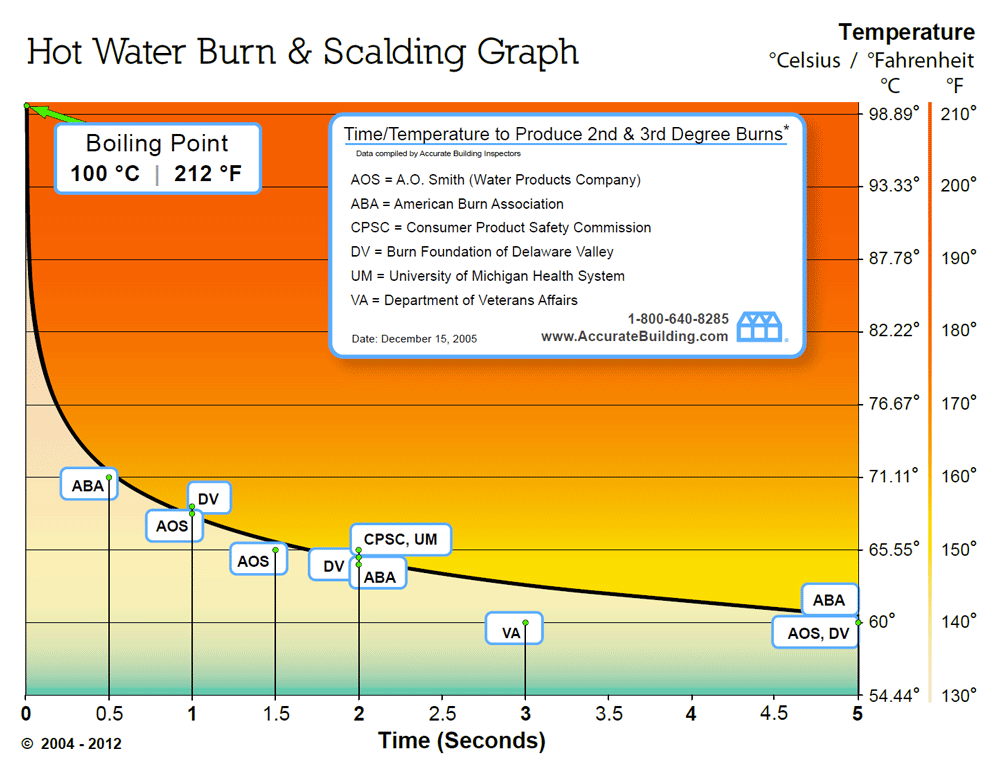ddrane2115
Charter Member
The water heater in our home is over 10 years old, electric 40 gallon, and I beleive going the way of the gas one...........out the door!
My question is simple, has anyone installed, used, or in any way been around or know about these tankless water heaters. It is just me and the wife unit here, so shower for each per day, and dishwasher once a day. I like the idea of not heating water all day just to use it once per day, but dont know if the cost of the unit is worth the savings in energy...........and no I dont trust what the manufacturers say totally.
also along those lines, what about programmable thermostats, worth it? and how to install them properly.
thanks guys.
My question is simple, has anyone installed, used, or in any way been around or know about these tankless water heaters. It is just me and the wife unit here, so shower for each per day, and dishwasher once a day. I like the idea of not heating water all day just to use it once per day, but dont know if the cost of the unit is worth the savings in energy...........and no I dont trust what the manufacturers say totally.
also along those lines, what about programmable thermostats, worth it? and how to install them properly.
thanks guys.

 .
.
 I have to assume that since I've slept a few times since they were installed the 140 degree figure must be the figure he hammered into my head as the figure to not exceed in a residential setting with kids. At 180 degrees, you can make hot chocolate or instant coffee plenty hot right from the tap.
I have to assume that since I've slept a few times since they were installed the 140 degree figure must be the figure he hammered into my head as the figure to not exceed in a residential setting with kids. At 180 degrees, you can make hot chocolate or instant coffee plenty hot right from the tap.